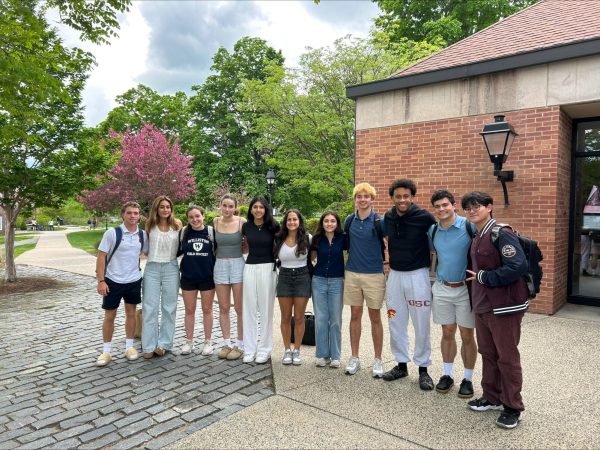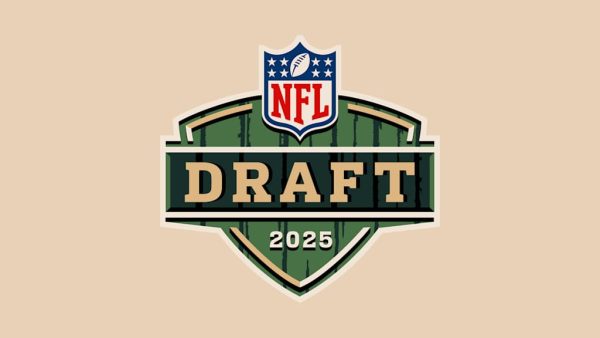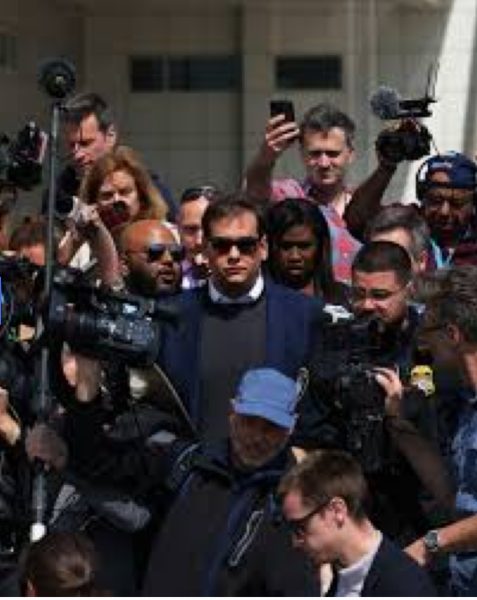Nigerian Election Sparks International Interest

Credit: Wikimedia
The Nigerian Presidential election, set to take place on February 16 of this year, has gained international spotlight because of the diverse set of candidates and issues being debated.
Nigerian citizens that are over 18 years-old are eligible to vote, according to the Independent National Electoral Commission of Nigeria. 49.5% of the total Nigerian population can vote, however only 33.53% of eligible voters cast a ballot in the 2015 presidential election, the organization reported.
There are currently 16 candidates in the race, including the incumbent President Muhammadu Buhari, a member of the All Progressives Congress, who was first elected to serve in 2015. Buhari was the first president elected to defeat the incumbent candidate. He was previously the nation’s head of state after taking power in a military coup d’état. Buhari has shown remorse for his previous political role, and, according to a 2015 speech made in London, thinks of himself as a “converted democrat.”
Buhari’s most competitive opponent is former Vice President Atiku Abubakar, who served in his role from 1999 to 2007, according to the BBC.
In an interview with Bloomberg, Abubakar discussed his economic beliefs, many of which line up with policies implemented by former British Prime Minister Margaret Thatcher. The candidate proposed selling most of the government-owned oil company and removing a price cap that keeps Nigeria’s gasoline prices among the lowest in the world.
Cheta Nwanze, an analyst at SBM Intelligence, a Lagos based political and economic thinktank, believes the candidate’s proposed policy is to show his differences from the incumbent president.
“It’s clearly a move that tries to set him apart from the incumbent in an attempt to woo the Nigerian business community and foreign investors,” she said. “It sets the tone for the conversation about what Nigerians want: a statist government or a private sector-led government.”
Many Nigerians are worried about his plans, however. Critics of the former vice president claim he used sales like the one proposed to enrich himself and his friends while he served.
Although many believe the election to be between Abubakar and Buhari, there are a number of other candidates with political clout hoping for a surprise upset in the coming election. One is Oby Ezekwesili, who led the #BringBackOurGirls campaign to help free the 276 girls kidnapped from Chibok, northern Nigeria, in 2014. According to her campaign, she has also served as the country’s education minister and vice-president of the World Bank.
In a meeting with her party, the Allied Congress Party of Nigeria, Ezekwesili claimed the men she is facing represent a “mediocre political class that bumbles from one crisis to another.”
President Buhari is 76-years-old, and Abubakar is 72, so Ezekwesili’s young age of 55 is appealing to many voters.
“How can a country gifted with millions of young, vibrant, brilliant people, be satisfied with just being [an] onlooker?” she questioned.
Though the power of the two men is hard to overcome, Ezekwesili is a strong candidate because she appeals to women, young people, and those from Southern Nigeria, as the two men are both from the Northern regions of the country.
The incumbent President Buhari told reporters on January 16 that it would be impossible for him to lose because of his great reception and work for the government, even though after his election the country suffered from a 2016 recession with slow economic growth.
The New York-based risk consultancy Eurasia Group claimed this contest is set to be the “most fiercely-contested election” since Nigeria ended military rule 20 years ago, according to Bloomberg.
With a lack of accurate polling, the outcome of the election will not be accurately predicted or known until the night of February 16. Currently, Nigerians have to sift through the 16 candidates and decide who they think is the best leader for their country.
Ellie Wolfe is a senior from Northampton Massachusetts. In her free time, she enjoys going for runs and hanging out with her friends, and runs The Willistonian...







